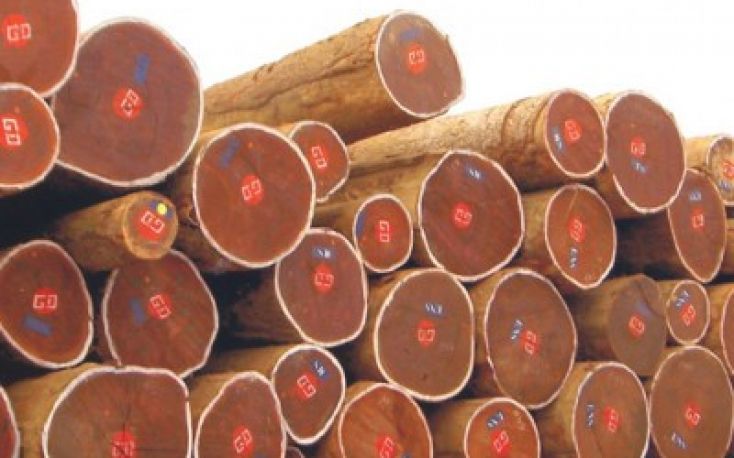The UK market for sawn hardwood has been recovering well following easing of COVID-19 lockdown measures from June onwards. However, there are significant problems on the supply side with COVID-19 contributing to reduced harvesting and mill operations and a significant reduction in freight capacity.
This adds to the pre-existing challenges imposed by too much focus on a limited range of commercially valuable hardwood species in the UK, a feature of the market which sits uncomfortably with the UK’s strong preference for FSC certified material.
These were key messages from the discussion of the current state of the UK and wider international trade in sawn hardwood at the latest quarterly meeting of the London Hardwood Club (LHC) held online on 9 September.
The virtual meeting was chaired by Rupert Walker of Timberlink International who welcomed over 40 LHC members from across the UK as well as members and invited speakers from the USA, Italy, Belgium and other European countries. Speakers included Ken Walsh of Danzer UK, Hank Marcel of Robinson Lumber, Ben Jenn of NHG, and Rupert Green of Greentimber.
The report on the situation in the African hardwood trade noted that log stocks and sawn timber supplies in the region are comparatively low, partly because of the effects of COVID-19 forcing producers to operate with social distancing measures, and partly because of the long-term focus on a limited range of commercial species, particularly sapele.
Supplies are expected to remain low, both in the short term, now that mills have closed for annual maintenance over the next two months, and longer term with increasing numbers of mills reporting only limited availability of sapele. This is true both of Congo and Cameroon. It was suggested that “for the last decade 10 years, production has been around 70% sapele while other species have been under used. From a sustainability perspective it is necessary to look at other species”.
It was suggested that, despite the pandemic, there is “sufficient demand for all sawmills to receive full order files”.
There is a general trend towards specialisation by African suppliers, with those operators with 100% FSC certified concessions focusing increasingly on premium markets, particularly in Europe, and those with kilns focusing on supply only of kiln dried material to ensure full utilisation of their own capacity and maximum added value at a time when supplies are restricted.
It was suggested that the pandemic has not affected logistics in the African supply regions too much, and in fact congestion for shipment out of Douala is now less of a problem as volumes moving to Asia have fallen. However red tape is still a major problem. The costs of shipping via Douala, already very high compared to other ports elsewhere in the world, are rising.
The new port at Kribi in Cameroon is helping to ease the congestion at Douala. Although Kribi port was built a few years ago, only recently has it been properly linked into the wider road network in Cameroon. Most shipments out of Kribi are destined for Asia with very little to Europe but the port has helped improve the logistics situation at Douala.
Sapele prices on offer to European importers are expected to at least remain stable for the rest of this year with some potential to increase. Although sipo prices have weakened a little in recent months, there may be some increase later in the year. Iroko prices have fallen a little this year but there is no expectation of any further movement in the coming months.
Specifically in the UK, it was noted that trade in the favoured African species (dominated by sapele in the UK) was affected by the COVID-19 in the second quarter but has recovered well and is now at normal levels. The UK is “well stocked but not overstocked” in African hardwoods.
However, sapele is currently being traded at unsustainable price levels, below replacement cost.
It was emphasised that the UK is now strongly focused on FSC certified material from Africa. However, prospects for increased supply of FSC certified wood from Africa are limited, it being noted that there is “no sign of an increase [in FSC certified forest area] in Africa – no one is moving in that direction at all. The fact remains it is extremely costly”.
The best way to increase supply of FSC certified wood from Africa lies in broadening the range of utilised species. However, it was also noted that to date generally the UK has been less inclined to use non-traditional species compared to continental European countries.
Several “lesser known species” from Africa that may be of future interest to UK buyers were mentioned during discussion including: tali “a dense species, suitable for external applications”; bosse “well used in France for general joinery”; and kosipo “often thought of as heavy and difficult to machine – but wood of better quality is now available”.








Leave a Reply